By: Dr. Verónica Oñate Kawa
What are dental implants?
Dental implants are titanium structures that are surgically placed in the maxillary or mandibular bone in order to replace the root of a lost tooth. A crown, bridge or prosthesis is placed on them, allowing to recover the chewing function and the esthetics of the smile in a permanent and safe way.
The implants we choose are the best technology in the world.
The treatment can vary according to the diagnosis:
- When a tooth or molar is missing, an implant is placed and then a crown is placed.
- If the edentulous space is larger, we work on a bridge with 2 or more implants. For this type of treatment we must make a previous bone study.
- When we need 5 or more implants, we use an implant-supported prosthesis.
What are the benefits?
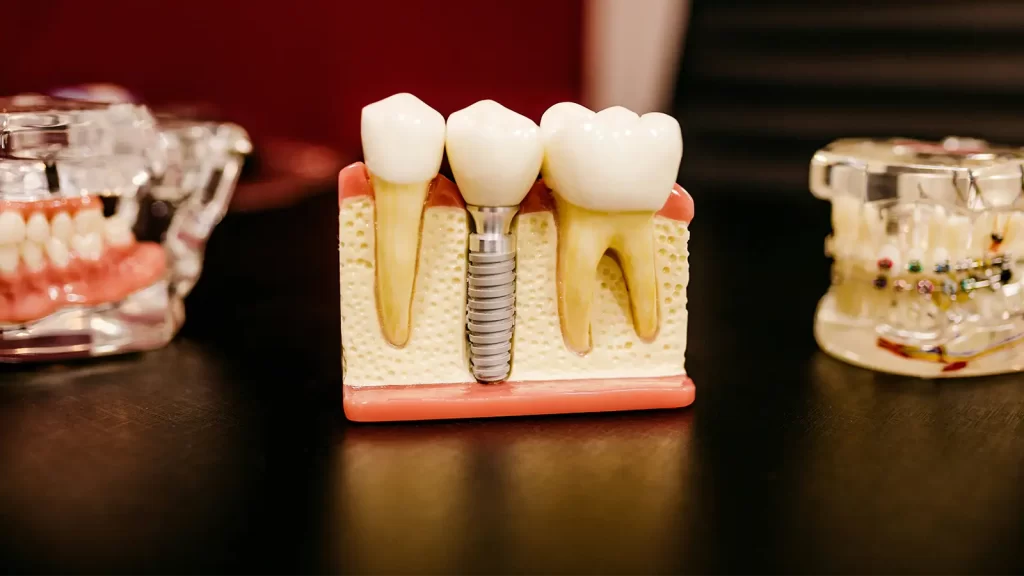
- Stability and durability: Implants can last more than 20 years with good hygiene habits and periodic revisions.
- Bone preservation: They stimulate the bone as a natural root, avoiding its resorption.
- Functionality: They allow chewing, speaking and smiling with normality and confidence.
- Natural esthetics: The crown on the implant is designed to harmonize with neighboring teeth.
- They do not affect healthy teeth: Unlike traditional bridges, it is not necessary to wear down adjacent teeth.
Who are candidates for implants?
Most patients who have lost one or more teeth can be candidates for implants, as long as they have good general and bone health. It is important to:
- Have healthy gums.
- Not suffer from uncontrolled systemic diseases (such as diabetes or hypertension).
- Not to smoke excessively (since it affects osseointegration).
- Maintain good oral hygiene.
Placement process
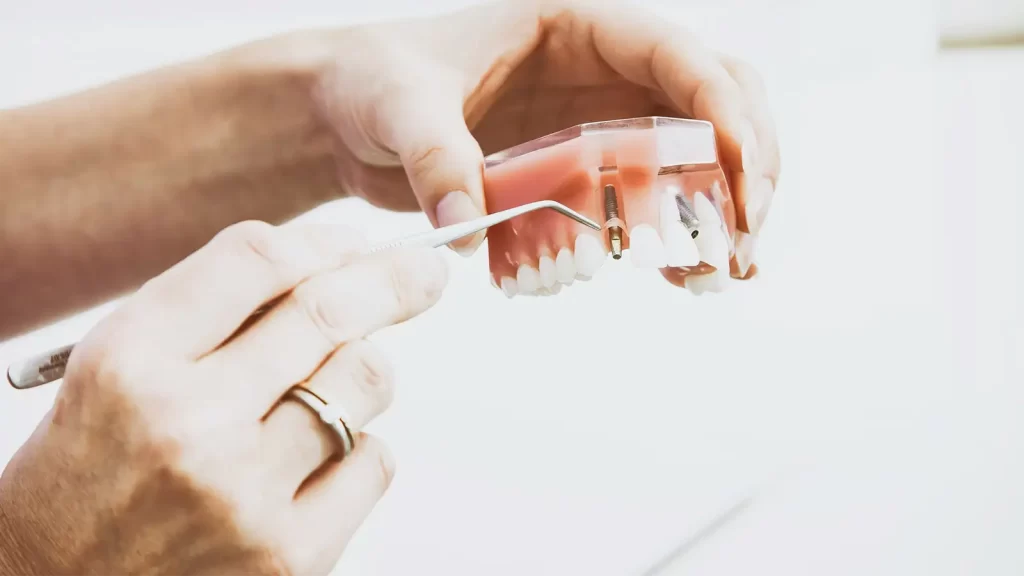
- Clinical evaluation and imaging.
- Personalized treatment plan.
- Surgery to place the implant.
- Osseointegration period (where the implant is fixed to the bone) Immediate implants in 72 hrs, non-immediate implants 8 weeks.
- Placement of the definitive prosthesis.
Aftercare
- Careful brushing with a soft brush.
- Use of dental floss or oral irrigators.
- Periodic check-ups with the dentist.
- Avoid smoking or biting hard objects.
Conclusion
Dental implants represent one of the best alternatives to replace missing teeth. They provide safety, functionality and esthetics, improving the patient’s quality of life. Consult an implantology specialist to evaluate if this option is suitable for you.
PROBOCA DENTAL CLINIC
SINAPTIKON
Dra. Verónica Oñate Kawa Dr. Martin T. Robledo Rodríguez Dentistry / Oral Rehabilitation Dentistry / Implantology







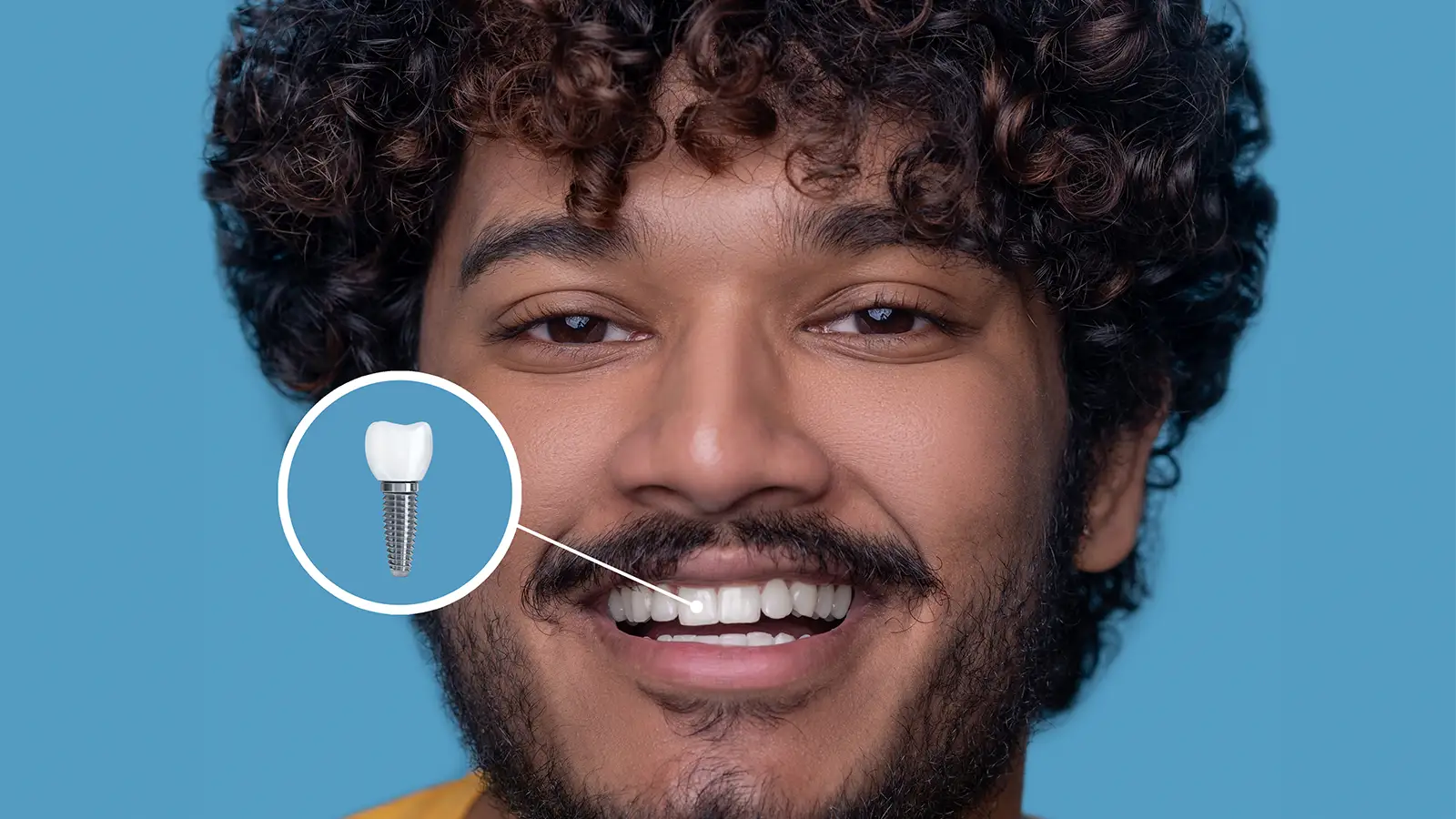










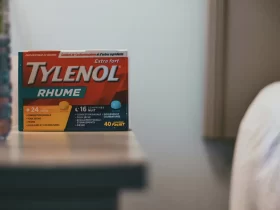

















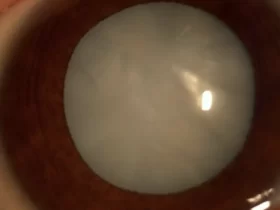

Leave a Reply